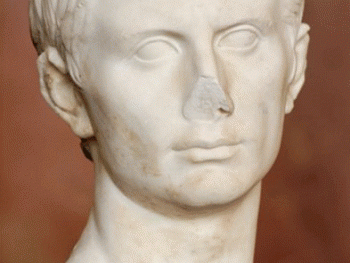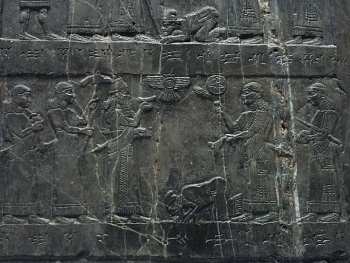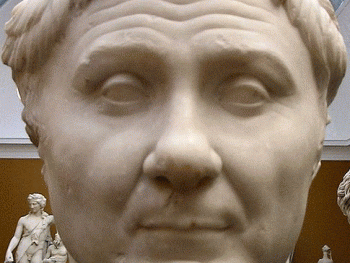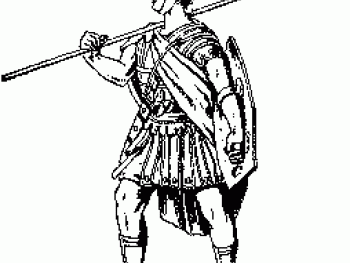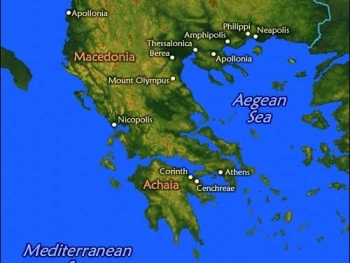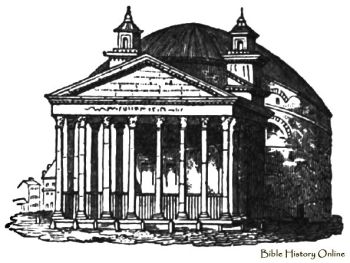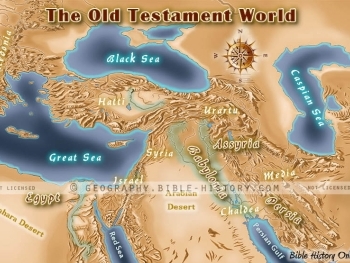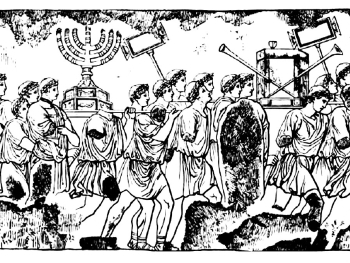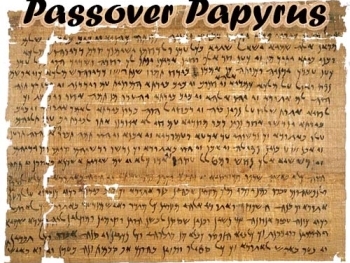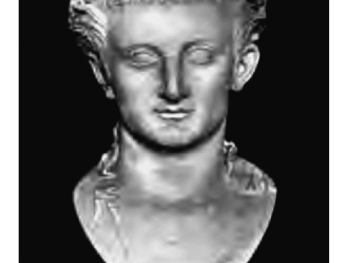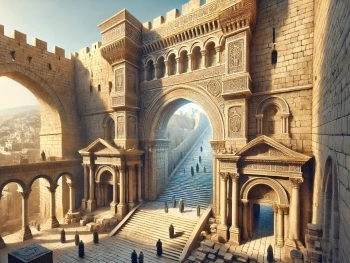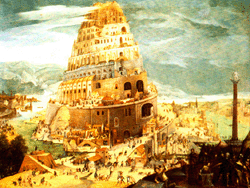
Babylon is Akkadian “babilani” which means “the Gate of God(s)” and it became the capital of the land of Babylonia. The etymology of the name Babel in the Bible means “confused” (Gen 11:9) and throughout the Bible, Babylon was a symbol of the confusion caused by godlessness. The name Babylon is the Greek form of the Hebrew name Babel.
Source:
